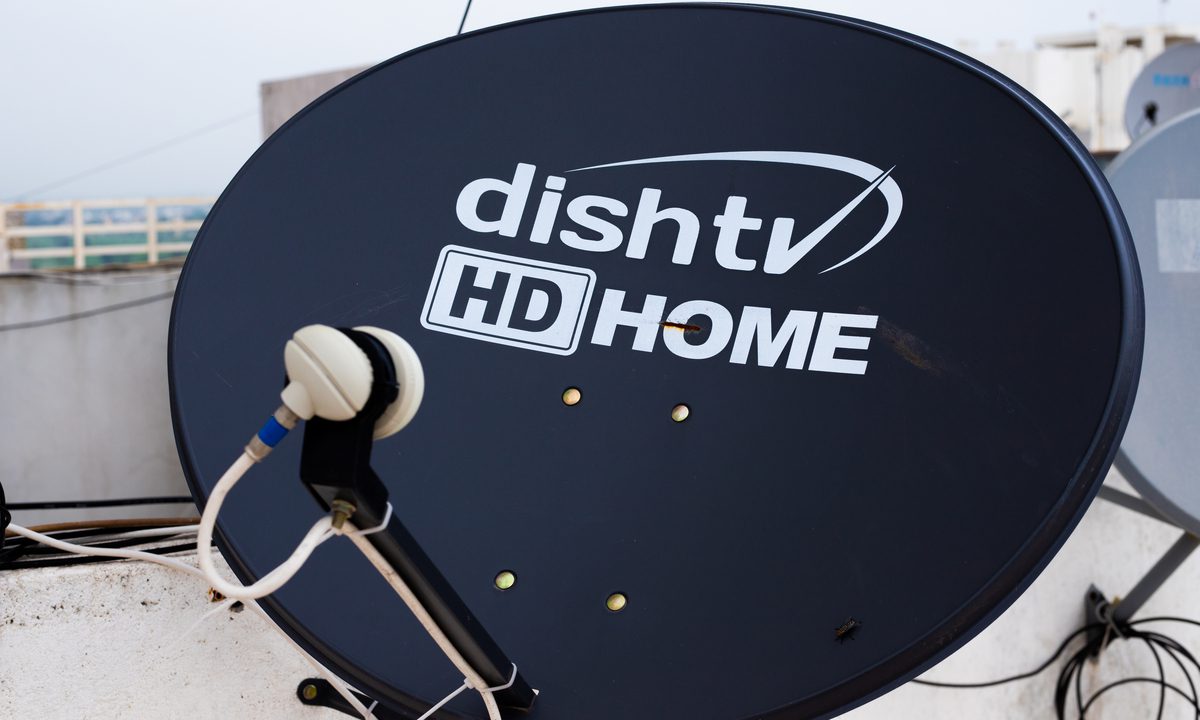
By: Gregory Kunkle (Beyond Telecom)
In 2019, the U.S. Department of Justice and the states of Kansas, Nebraska, Ohio, Oklahoma, and South Dakota brought a civil antitrust suit opposing the merger of T-Mobile and Sprint. According to the lawsuit, consolidating nationwide carriers from four to three would reduce competition to an unacceptable degree, ultimately harming consumers. To resolve the complaint, and in an effort to encourage competition, T-Mobile agreed to divest certain assets, including approximately 13.5 MHz of nationwide wireless spectrum in the 817-824/862-869 MHz band (“800 MHz Spectrum”). DISH Network stepped up and agreed to a purchase price of $3.59 billion.
The parties were originally due to close the deal by June 30, 2023, however, DISH needed additional time and negotiated an extension until April 1, 2024. Speculation was that DISH’s merger with Echostar and other improving economic conditions would place it on better footing to close the deal. This proved not to be the case, as DISH did not exercise its purchase right on April 1, 2024.
But the DOJ settlement had a Plan B. It provided that if DISH did not purchase the 800 MHz spectrum, T-Mobile would be required to hold an auction for the spectrum by October 1, 2024. Consistent with that requirement, on T-Mobile’s April 25, 2024, Q1 earnings call, Mike Sievert, T-Mobile’s president and CEO, stated the auction “has begun.”
Featured News
Belgian Authorities Detain Multiple Individuals Over Alleged Huawei Bribery in EU Parliament
Mar 13, 2025 by
CPI
Grubhub’s Antitrust Case to Proceed in Federal Court, Second Circuit Rules
Mar 13, 2025 by
CPI
Pharma Giants Mallinckrodt and Endo to Merge in Multi-Billion-Dollar Deal
Mar 13, 2025 by
CPI
FTC Targets Meta’s Market Power, Calls Zuckerberg to Testify
Mar 13, 2025 by
CPI
French Watchdog Approves Carrefour’s Expansion, Orders Store Sell-Off
Mar 13, 2025 by
CPI
Antitrust Mix by CPI
Antitrust Chronicle® – Self-Preferencing
Feb 26, 2025 by
CPI
Platform Self-Preferencing: Focusing the Policy Debate
Feb 26, 2025 by
Michael Katz
Weaponized Opacity: Self-Preferencing in Digital Audience Measurement
Feb 26, 2025 by
Thomas Hoppner & Philipp Westerhoff
Self-Preferencing: An Economic Literature-Based Assessment Advocating a Case-By-Case Approach and Compliance Requirements
Feb 26, 2025 by
Patrice Bougette & Frederic Marty
Self-Preferencing in Adjacent Markets
Feb 26, 2025 by
Muxin Li